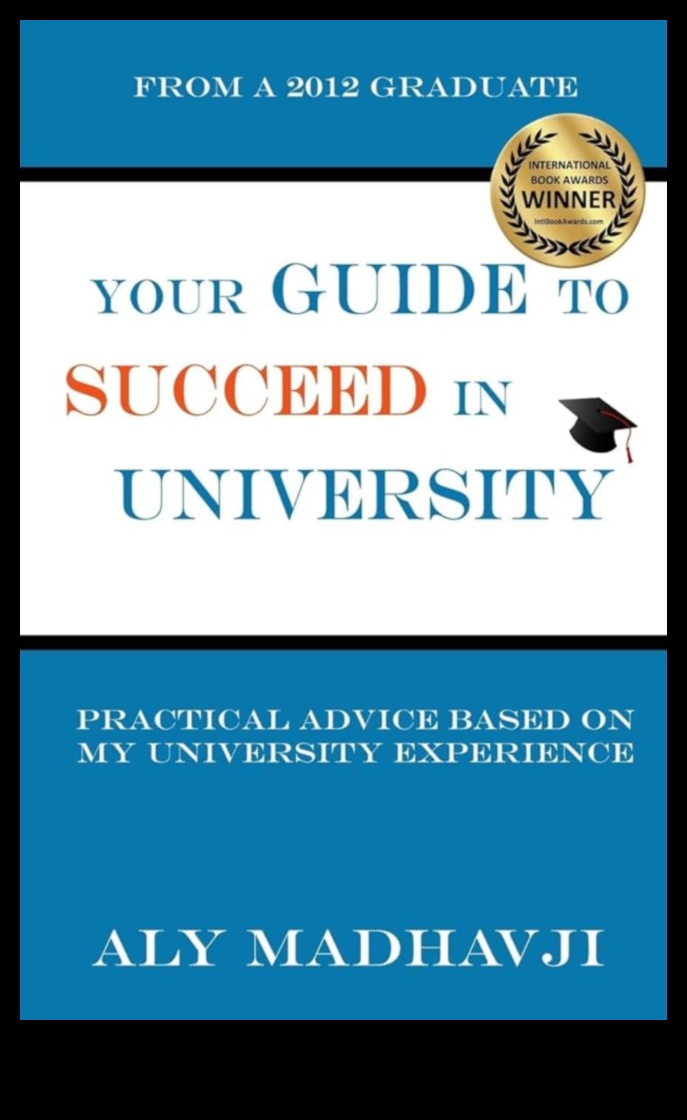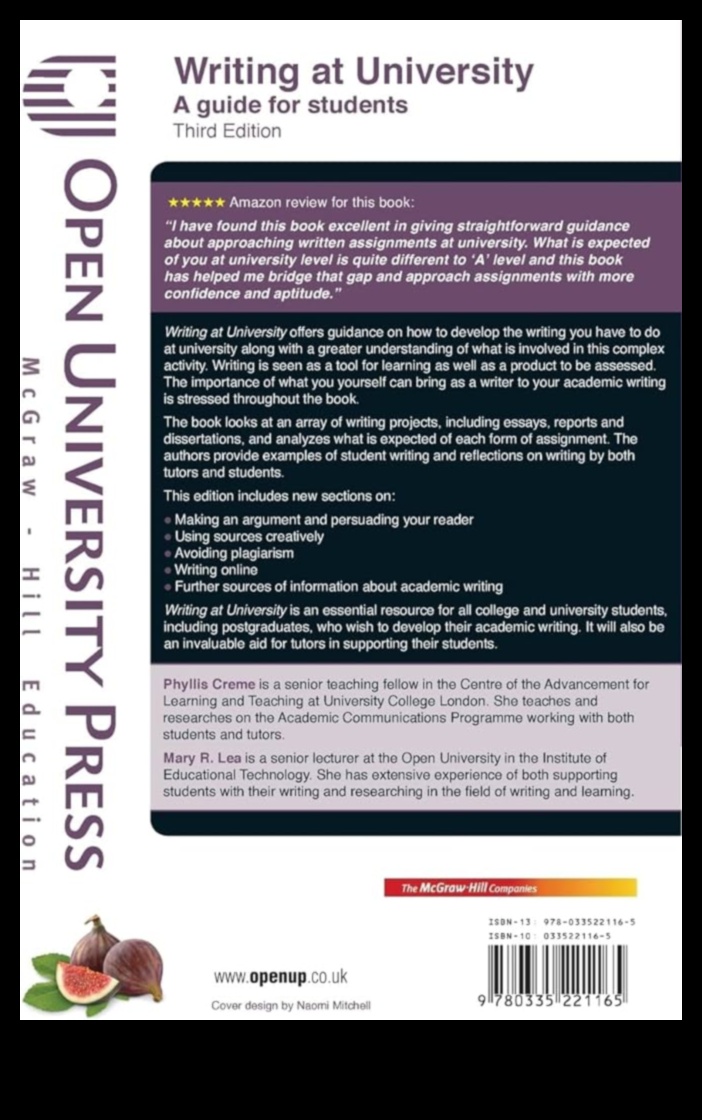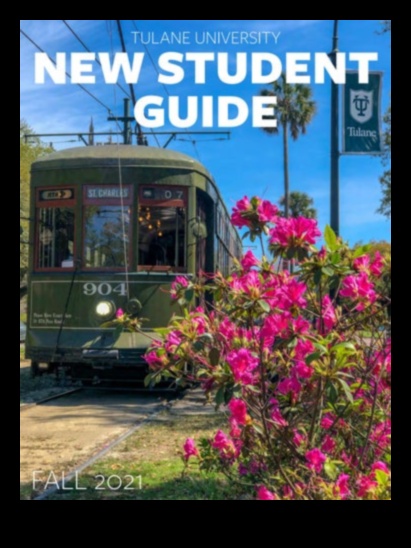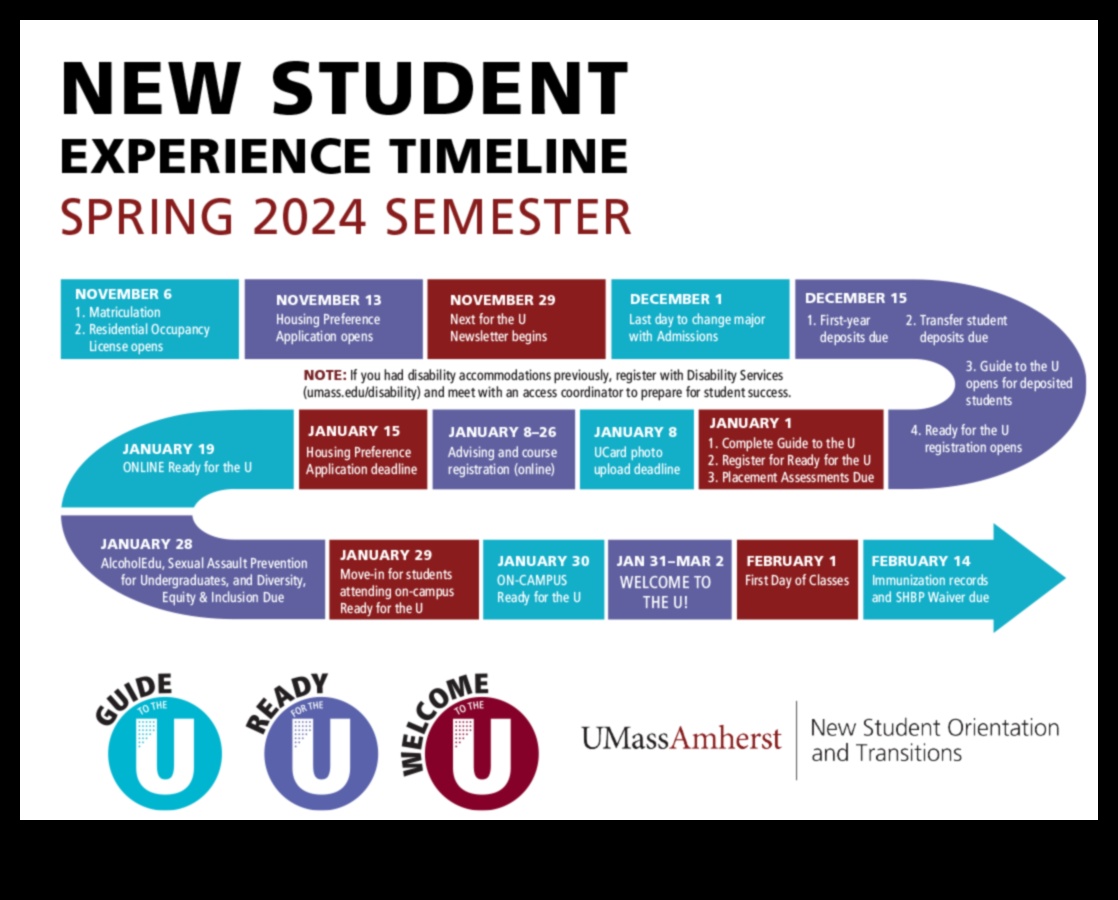
I. Introduction
II. Benefits of attending university
III. How to choose a university
IV. Applying to university
V. Financial aid for college
VI. Student life at university
VII. Academics at university
VIII. Career services at university
IX. Transferring to university
X. FAQ
| Topic | Features |
|---|---|
| Best universities | Rankings, tuition costs, admission requirements |
| University rankings | Comparison of different university rankings |
| Study abroad | Programs, costs, scholarships |
| Higher education | Degrees, majors, career paths |
| College admissions | Application process, essays, interviews |

II. Benefits of attending university
There are many benefits to attending university, including:
- A college degree can lead to higher earnings.
- College graduates are more likely to be employed than those with only a high school diploma.
- College graduates are more likely to have jobs that require critical thinking and problem-solving skills.
- College graduates are more likely to be involved in their communities and to volunteer.
- College graduates are more likely to be satisfied with their lives.
III. How to choose a university
There are many factors to consider when choosing a university. Some of the most important include:
- Your academic interests
- Your financial situation
- Your location preferences
- The university’s reputation
- The university’s campus life
- The university’s academic offerings
- The university’s financial aid offerings
Once you have considered all of these factors, you can start narrowing down your list of potential universities. It is important to visit each university that you are considering to get a feel for the campus and the surrounding area. You should also meet with admissions representatives and professors to learn more about the university’s programs and offerings.
Choosing a university is a big decision, but it is one of the most important decisions you will make in your life. By taking the time to research and compare different universities, you can make sure that you choose the right one for you.
IV. Applying to university
The application process for university can be daunting, but it is important to remember that you are not alone. Every year, thousands of students apply to university, and many of them are accepted. The key is to start early and to be organized.
The first step in the application process is to research different universities. You should consider factors such as location, size, cost, and academic programs. Once you have a list of potential universities, you can begin the application process.
Most universities require you to submit an application form, transcripts, letters of recommendation, and a personal statement. You may also be required to take standardized tests, such as the SAT or ACT.
The application process can take several months, so it is important to be patient. Once you have submitted all of your materials, you will need to wait for a decision from the university.
If you are accepted to a university, you will need to make a decision about whether or not to attend. This is a big decision, so it is important to weigh the pros and cons of each university.
If you decide to attend a university, you will need to prepare for the transition. This includes getting your finances in order, finding housing, and registering for classes.
The application process for university can be challenging, but it is also an exciting time. By following these tips, you can increase your chances of being accepted to your dream university.

V. Financial aid for college
Financial aid is available for students who need help paying for college. There are a variety of sources of financial aid, including scholarships, grants, loans, and work-study programs.
Scholarships are awarded based on academic merit, financial need, or a combination of both. Grants are awarded based on financial need. Loans are borrowed money that must be repaid. Work-study programs allow students to earn money by working part-time while they attend school.
Students should apply for financial aid as early as possible. The FAFSA (Free Application for Federal Student Aid) is the main form used to apply for federal financial aid. The FAFSA should be submitted by February 1st for the upcoming academic year.
Students should also apply for scholarships and grants from their state and local governments, as well as from private organizations.
For more information on financial aid, students should visit the financial aid office at their college or university.

VI. Student life at university
Student life at university is a time of great personal growth and development. Students learn to live and work independently, develop new skills and interests, and make lifelong friends.
There are many different aspects of student life at university, including:
- Academics
- Social life
- Extracurricular activities
- Personal development
Each student will have their own unique experience of student life, but there are some common themes that most students will experience.
Academically, students will be challenged to learn new material and develop new skills. They will also be expected to work independently and manage their time effectively.
Socially, students will have the opportunity to meet new people from all over the world. They will also have the opportunity to participate in a variety of extracurricular activities, such as clubs, sports, and student government.
Personally, students will grow and develop in many ways during their time at university. They will learn to be more independent, responsible, and organized. They will also learn to think critically and solve problems.
Student life at university is a challenging and rewarding experience. It is a time of great personal growth and development.

VII. Academics at university
Academics at university are a challenging but rewarding experience. Students are exposed to a wide range of subjects and ideas, and they learn how to think critically and solve problems. They also develop strong communication and teamwork skills.
In addition to their coursework, students at university are also encouraged to participate in extracurricular activities. These activities can help students to develop their leadership, communication, and teamwork skills. They can also help students to make new friends and have fun.
Overall, academics at university are a valuable experience that can help students to develop the skills and knowledge they need to succeed in their careers and lives.
Here are some specific examples of the types of academics that students can expect to experience at university:
- Coursework in a variety of subjects, such as math, science, English, history, and social science
- Research projects and papers
- Presentations and debates
- Collaboration with other students on projects
- Participation in extracurricular activities, such as clubs, sports, and student government
Students who are interested in learning more about academics at university can visit the websites of specific universities or talk to current students. They can also read books and articles about the college experience.
VIII. Career services at university
Career services at university are designed to help students prepare for their careers after graduation. They offer a variety of services, such as resume writing, interview preparation, and job search assistance.
Career services offices are typically located in the student union or on campus. They are staffed by professionals who have experience in the job market and can help students find the right career path.
Career services offices offer a variety of services to students, including:
- Resume writing
- Interview preparation
- Job search assistance
- Networking opportunities
- Career fairs
- Internship programs
Students who use career services are more likely to find a job after graduation. They are also more likely to find a job that is a good fit for their skills and interests.
If you are a student who is interested in finding a job after graduation, I encourage you to visit your school’s career services office. The staff there can help you get started on your career path and find the right job for you.
IX. Transferring to university
Transferring to university can be a great way to save money on tuition, get a fresh start, or change your academic focus. However, the transfer process can be complex and time-consuming. This section will provide you with information on how to transfer to university, including the steps involved, the requirements you need to meet, and the resources available to help you succeed.
## Steps involved in transferring to university
The steps involved in transferring to university vary depending on the institution you are transferring to. However, the following are some general steps that you will need to take:
- Identify the universities you are interested in transferring to.
- Research the transfer requirements for each university.
- Meet the transfer requirements for each university.
- Submit your transfer application to each university.
- Wait for your transfer decisions.
- Decide which university to attend.
- Transfer to your new university.
## Requirements for transferring to university
The requirements for transferring to university vary depending on the institution you are transferring to. However, some common requirements include:
- A high school diploma or equivalent.
- A minimum GPA.
- A completed college application.
- Transcripts from all colleges or universities you have attended.
- Test scores (such as the SAT or ACT).
## Resources to help you transfer to university
There are a number of resources available to help you transfer to university. These resources can provide you with information on the transfer process, help you identify the right universities for you, and prepare you for the application process.
- Your high school counselor.
- The admissions office at the universities you are interested in.
- The College Board website.
- The National Student Clearinghouse website.
- The Peterson’s website.
## Conclusion
Transferring to university can be a great way to reach your academic goals. By following the steps in this section, you can increase your chances of being accepted to the university of your choice.
X. FAQ
Q: What is the best university in the world?
A: There is no one definitive answer to this question, as different universities offer different strengths and weaknesses. However, some of the most highly-ranked universities in the world include Harvard University, Stanford University, and the University of Cambridge.
Q: What are the benefits of attending university?
A: There are many benefits to attending university, including:
- Earning a degree can increase your earning potential.
- Universities offer a variety of opportunities for students to learn and grow.
- Universities provide a supportive environment for students to develop their skills and knowledge.
Q: How do I choose a university?
A: There are a number of factors to consider when choosing a university, including:
- Your academic interests
- Your financial situation
- Your desired location
- The university’s reputation